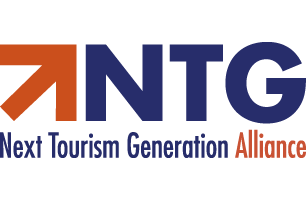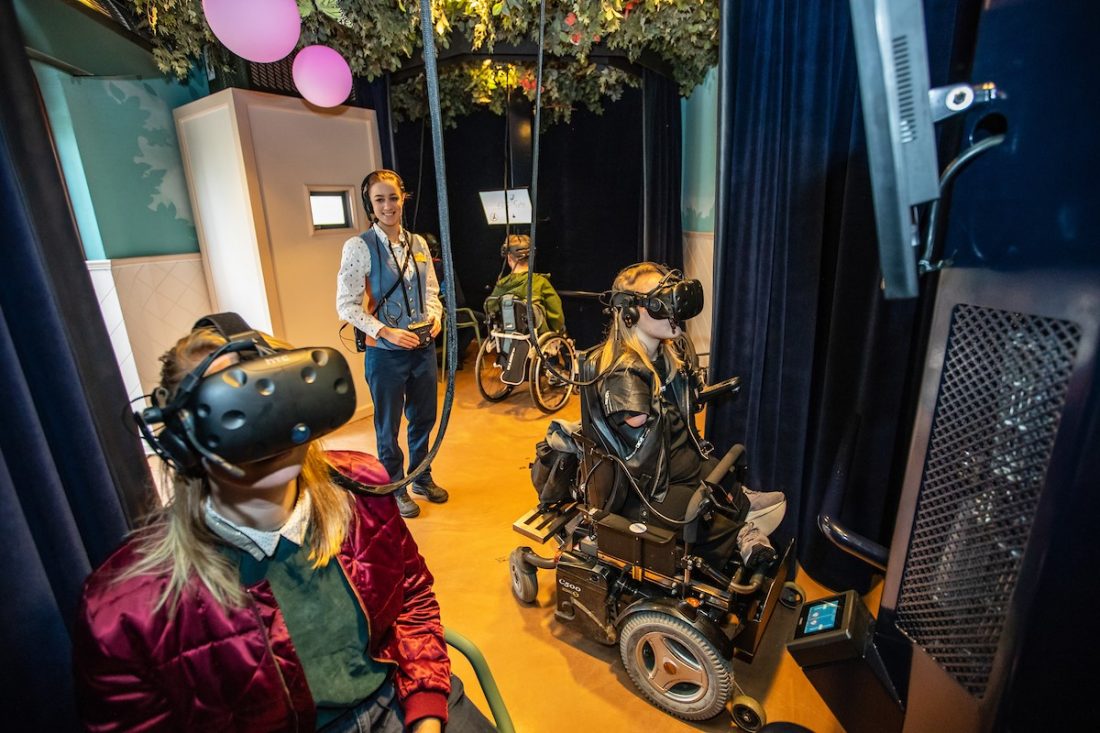InAccommodations,Blog,Digital skills,Education,Hospitality
Organizations in tourism and hospitality have massive databases of personal data nowadays as they ask their consumers to leave their data for better and optimized services. This could be in hotels for example, provide data for loyalty programmes such as preferences of pillows, favourite breakfast and date of birth. However, important information such as e-mail addresses, passport numbers and even creditcard details are being given in order to complete the reservation. Next to that, new technologies also enable guests to check in more efficiently, for example with a mobile application which holds a lot of personal data in order to be able to have a fast check-in. However, according to HotelNewsNow (2018), hackers are often attacking the hospitality industry on the search for secured data. Therefore, managers in tourism and hospitality, but also all other employees in the different departments in the sub-sectors should be aware of the high risks those hacks bring along.
This blog, written by key partnerCEHAT, focuses on the importance of cyber security and what skills should be taught to all workers in tourism and hospitality in order to ensure the protection of all the valuable personal data of their guests. In this line, CEHAT collaborates with ITH as the technological arm for the dissemination of this information through international events such as Fiturtech Y, technical conferences throughout Spain and communication through ITH’s newsletter.
READ MORE
Continue Reading




